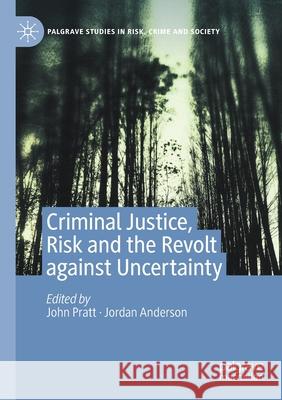Criminal Justice, Risk and the Revolt Against Uncertainty » książka
topmenu
Criminal Justice, Risk and the Revolt Against Uncertainty
ISBN-13: 9783030379506 / Angielski / Miękka / 2021 / 354 str.
Criminal Justice, Risk and the Revolt Against Uncertainty
ISBN-13: 9783030379506 / Angielski / Miękka / 2021 / 354 str.
cena 402,53
(netto: 383,36 VAT: 5%)
Najniższa cena z 30 dni: 385,52
(netto: 383,36 VAT: 5%)
Najniższa cena z 30 dni: 385,52
Termin realizacji zamówienia:
ok. 16-18 dni roboczych.
ok. 16-18 dni roboczych.
Darmowa dostawa!
Kategorie:
Kategorie BISAC:
Wydawca:
Palgrave MacMillan
Seria wydawnicza:
Język:
Angielski
ISBN-13:
9783030379506
Rok wydania:
2021
Wydanie:
2020
Numer serii:
000768721
Ilość stron:
354
Waga:
0.44 kg
Wymiary:
21.01 x 14.81 x 1.96
Oprawa:
Miękka
Wolumenów:
01
Dodatkowe informacje:
Wydanie ilustrowane











